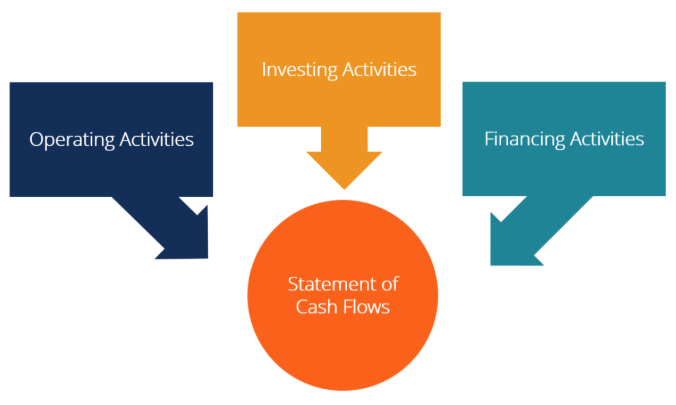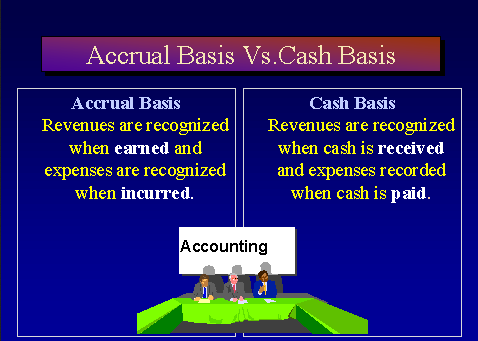
In organisations with an enormous number of employees working for them, the organisation can’t keep track of every employee appearing on the timesheet. Scams By Third Parties
Payroll fraud is frequently conducted internally; however, it can also be committed by third parties. Third-party perpetrators target individual employees or corporate records in W-2 frauds and payment diversion schemes. Payroll fraud schemes are among the most damaging to a company because they tend to take place over a long period of time.
Bakersfield husband and wife charged for underreporting over $4 … – California Department of Insurance
Bakersfield husband and wife charged for underreporting over $4 ….
Posted: Wed, 26 Jul 2023 07:00:00 GMT [source]
Employees who report suspicious behavior may mitigate losses more quickly than if the fraud goes on undetected for years. They might enter overtime hours they did not work or clock in for a co-worker who is late or doesn’t show up for their shift. Not only have these cloud solutions outlined the importance of transitioning from desktop to the cloud, but they also indicate why scaling businesses should look at more integrated… Payroll fraud doesn’t get talked about a lot, but it can be really costly. While you may never be able to create totally fraud-proof systems, there’s no reason you shouldn’t try. The ACFE found the average check tampering scheme results in losses upwards of $110,400.
What are The Red Flags for Payroll Fraud?
A cybercriminal uses a W-2 fraud to mislead employees or HR workers into turning over sensitive employee information like income and Social Security numbers. A one-off instance of a worker clocking in five minutes early isn’t going to sink your business, but a pervasive culture of even minor time theft can add up to a significant cost. If 10 employees at your company who make $12/hour add just 10 minutes to their shifts a day, that’s a loss of $10,000 a year. Attorney Matthew M. Graves for the District of Columbia and Chief Robert Contee III of the Metropolitan Police Department made the announcement. Many small businesses choose to collaborate with a payroll service provider when it comes to addressing fraud. By outsourcing this critical process to a reputable third-party provider, you can benefit from their technology and flexible service options.
Pay attention to unfamiliar names who share personal information with other employees, such as having the same home address or phone number. If you suspect fraud (or have discovered it and want to report it), start by keeping or gathering your evidence, as successful prosecution depends on accurate notes. Record dates and times, activities, and locations as applicable, and note the amount of money involved. If you can download the reports from the payroll software, store them in a separate file.
Ways to Prevent and Detect Payroll Fraud
Some employees may receive bonuses or commissions attached to their sales targets. Also, some companies offer incentives to contractual workers for hitting milestones such certain percentage of project completion. The aim of providing such incentives is to encourage staff to work harder and excel at their jobs. Employers can commit this fraud by withholding the wages of the workers. Simply put, payroll fraud is a mechanism that one of the parties utilizes to enrich themselves by deceitfully stealing from the other. Stealing within an organization can take place in many ways, such as stealing raw materials and machinery, infrastructure vandalism, and time theft.

However, if you learn your company is engaging in payroll fraud, you must act fast. In general, the statute of limitations for inadvertent wage infractions is two years, whereas the statute of limitations for purposeful wage violations is three years. If a payroll fraud operation is operating, it is usually discovered at some time.
Payroll fraud is typically conducted by a human resources staff or someone with simple access to the company payroll system. The culprit may create a fictitious employee or continue to pay a staff member who no longer works for the organization. They can collect the ghost employee’s paycheck as if it were their own by faking employment documents. It’s imperative that your organization vets a high-quality payroll service to do this, and that you audit their performance as well to ensure they aren’t abusing the payroll system. However, relying on a payroll service provider can significantly reduce the risk of insiders committing payroll fraud.
Payscale alterations
Payroll fraud is a type of asset theft that is one of the most common types of company fraud. Long-term, trusted personnel frequently carry out these frauds, and organizations with low or non-existent safeguards are the most common targets. Should SMBs look out for workers blowing thousands of company dollars on big screen TVs and soundbars? But a few expensive dinners for clients or fraudulent claims for office supplies a quarter can add up to substantial damage over time. If you suspect you have a ghost employee on the payroll, talk to the manager of that worker’s listed department to confirm.

Payroll fraud is a felony punishable by law, but its financial implications on the overall business can be devastating. It can happen to small and large companies, which is why there must be measures for payroll fraud prevention and early detection. As the consequences can be more than loss of money and can result in privacy invasion, you must implement the solutions we have shared in this guide. An employer can file a lawsuit against any employee who commits payroll fraud. Employers can sue to recover the stolen money and seek punishment as per the law against fraud.
Ask employees to report suspicious behavior
It’s most often carried out by managers and senior employees of the payroll department who have access to the systems through which employees are paid and can use that access to issue false payments. It can also be carried out by employees who make false claims for payment and by employers who classify full-time employees as independent contractors to avoid paying payroll taxes and insurance. When you misclassify, you don’t pay employment taxes or workers’ compensation insurance for the worker.
- There are several ways in which employees can commit payroll fraud, as noted below.
- You may even implement identity verification measures, such as an ID card or a fingerprint.
- Some organizations are self-insured, so this type of fraud directly affects them, while others find their premiums rising as a result of this activity.
It can take multiple routes, from misclassifying employees to using ghost employees. Payroll fraud occurs when an employee or employer manipulates a payroll system to take money they’re not entitled to. From misclassifying employees and padding hours to using ghost employees, payroll fraud takes on many forms, all of which threaten small businesses. In fact, payroll fraud is two times more likely to happen to small businesses when compared with large organizations. The term ghost payroll refers to situations in which companies are unwittingly paying nonexistent employees.
Advance Retention Fraud
Even in a small company, the same person who puts a new hire into the system shouldn’t be the same employee who reconciles quarterly reports and balances the payroll books. At the very least, get a second set of eyes on quarterly and/or annual payroll reconciliations. (This is what a bookkeeper actually does for a living.) You could also have executives approve all overtime and commission checks. This may prevent employees from adding a few extra hours or sales here and there, thinking it won’t be detected.
Therefore, businesses must stick to strict accounting procedures to ensure that all advances are appropriately accounted for, and the anti-fraud policies must be strictly adhered to. Employees often falsify the submissions on their timesheets to receive payments for the hours of work they did not put in. Some employees have also been observed making arrangements for other employees to appear as if they are at work while they’re not, which allows them to get paid for work they did not do.
With QuickBooks Payroll, all of your payroll information is in one place, making it easy to review records and look for irregularities. Timesheet fraud, also called buddy punching, is when employees manipulate their timesheet to make it appear as if they worked more hours than they actually did. First, employees may pad their hours on the timesheet by clocking extra hours they didn’t work. Or, secondly, employees may access the payroll system to falsify their wages and increase their hourly pay rate. This payroll fraud is generally committed by someone in HR department who has easy access to the organization’s payroll system by producing fake staff in the payroll system. In doing so, they falsify the employment records to keep collecting cash from the organization.
Employee payroll fraud is a serious threat, but adopting these safeguards can dramatically reduce the risk your company faces in this area. Experts contend that one of the most effective solutions to help prevent fraudulent behavior is separation of duties. An individual who is responsible for processing payroll should never also be responsible for entering changes or amending employee records. Companies that provide bonuses or commissions for meeting sales and other goals may inadvertently tempt dishonest employees to fudge numbers. The temptation can be particularly great in stressful environments where competition is fierce and goals are tough to achieve.
When successful, phishing can trick users into giving up personal information and providing access to your company’s network. Cybercriminals who hack payroll records could use them to change direct deposit arrangements, steal from employees’ bank accounts and file fraudulent tax returns. In the frauds mentioned above, employers were the victims and scammed out of money by dishonest employees. However, misclassification is the exact opposite of that, as it is facilitated by the employer to scam employees out of the salaries/wages they are entitled. These practices have been deemed illegal and can have legal repercussions if caught within an organisation.